

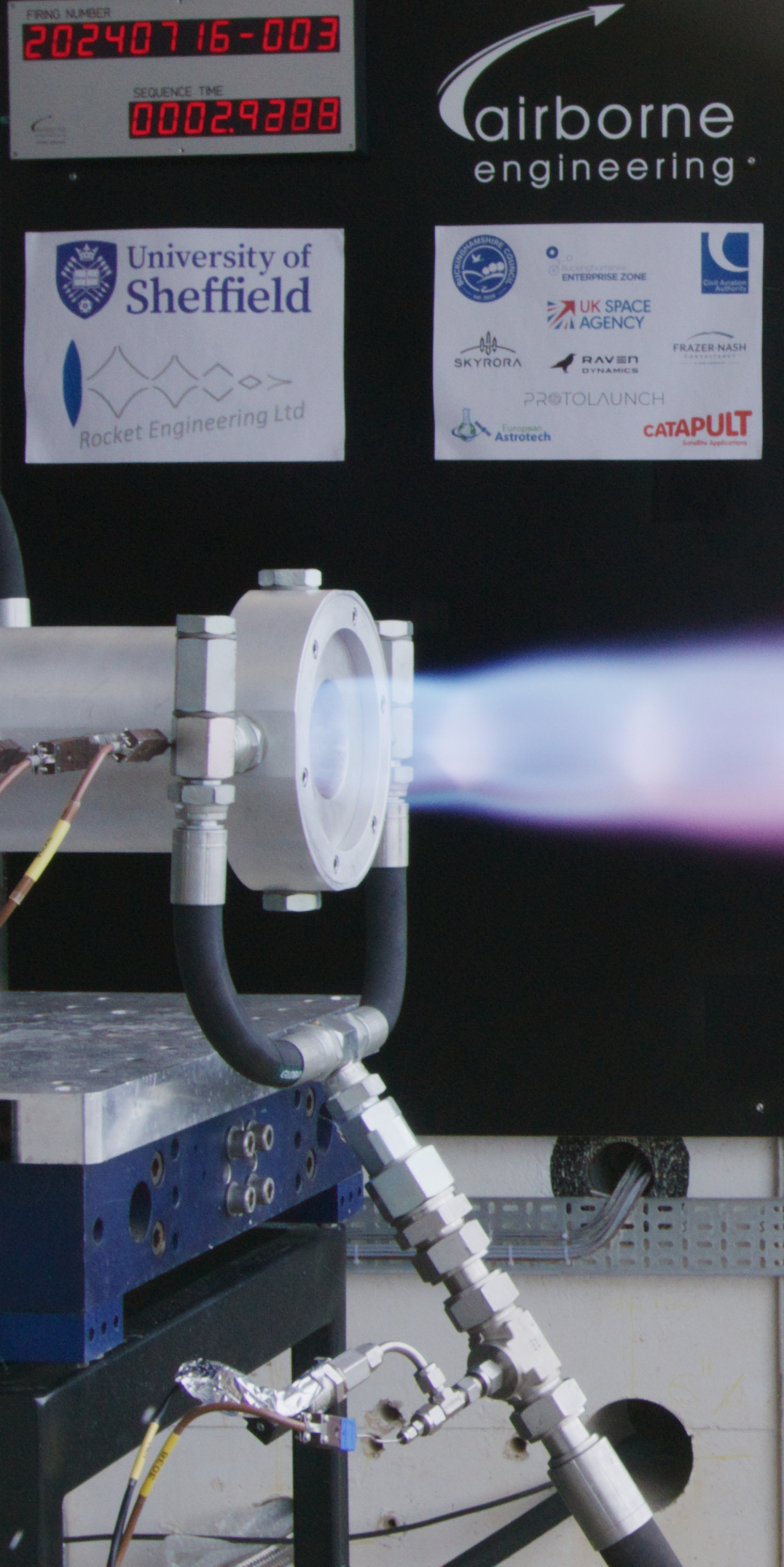
Students taking part in the Race to Space 2024 competition brought their bipropellant rocket engines to Airborne Engineering's J1 test facility, testing using our nitrous oxide, liquid oxygen, and isopropyl alcohol feed systems. AEL have supported the competition from its initial planning stages in 2022, and are delighted to welcome …
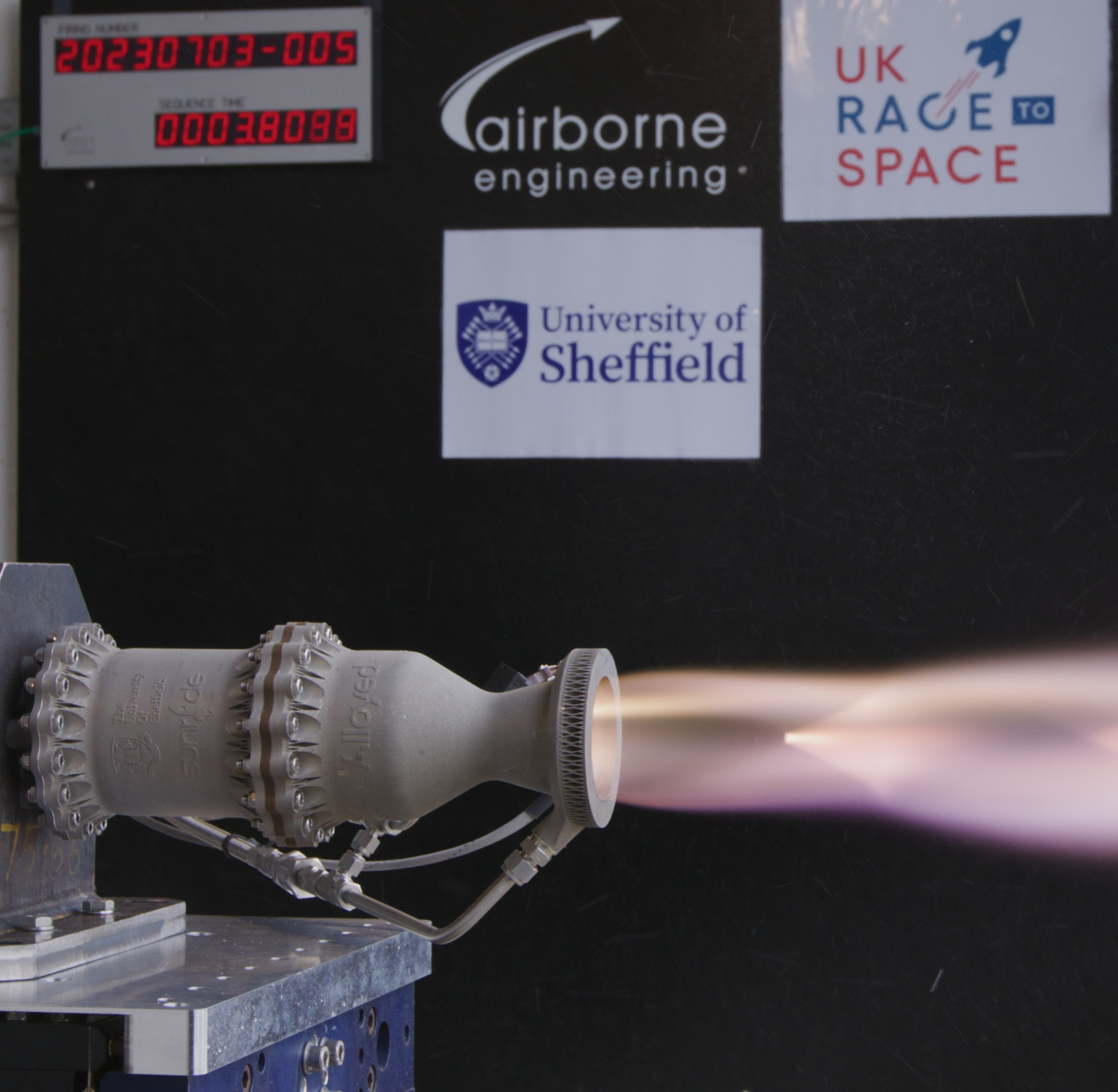
This week five university student teams hot-fire tested combustion chambers at Airborne Engineering Ltd as part of the inaugural UK Race to Space competition. AEL have supported the competition from its initial planning stages in 2022, culminating in hot-fire testing in our recently-refurbished J1 test facility.
Students from Sheffield, Southampton …
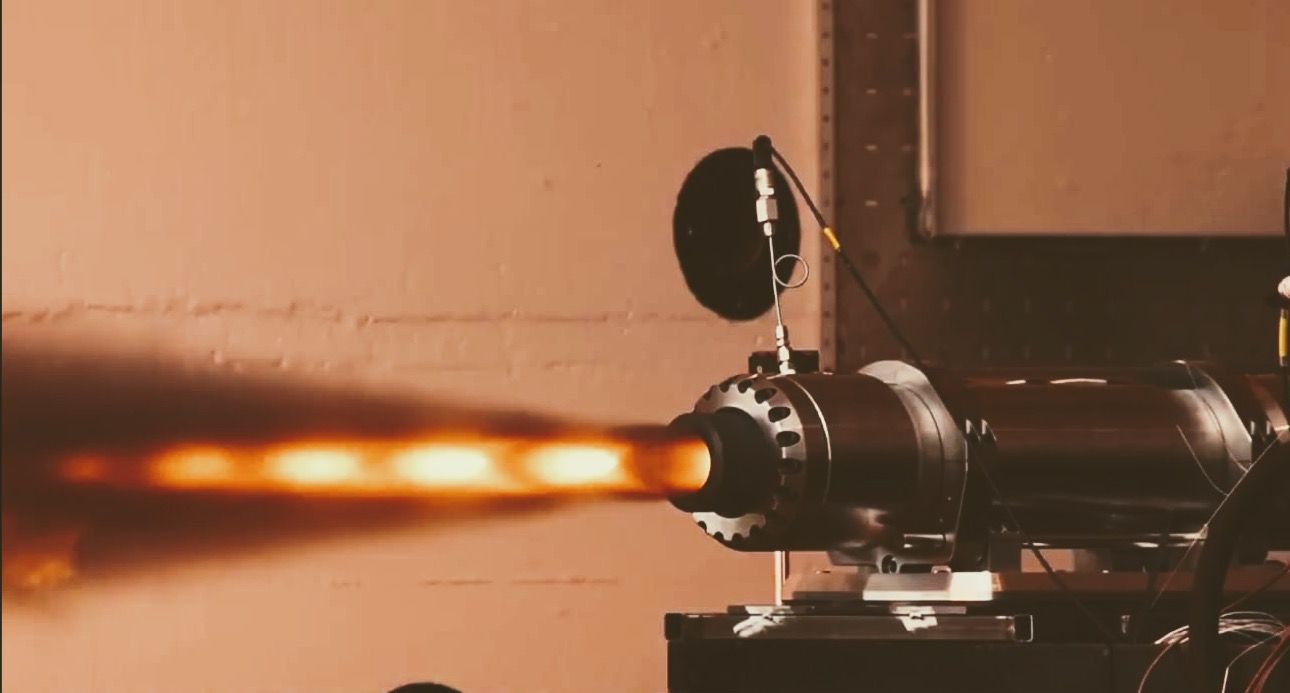
We're pleased to announce hosting the first firings of Smallspark Space Systems' S4-Hive Pathfinder engine, which was fired in our J1 facility. This hybrid engine aims to demonstrate their technology before scaling up for flight vehicles. The firings were partially funded by SPRINT and The Welsh Government. AEL provided the …
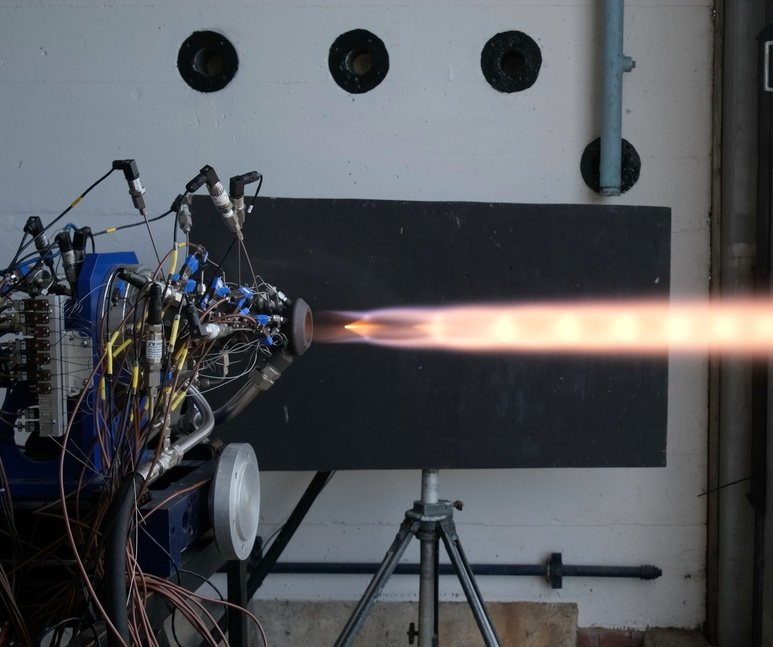
A collaboration between Airborne Engineering (AEL), Alloyed (formerly OxMet Technologies) and AMRC has resulted in the World's first hot firings of combustion chambers made from ABD® alloys. The project aims to demonstrate that Alloyed's new Nickel based superalloy, ABD®-900AM, has better performance than industry incumbent IN718 for application to …
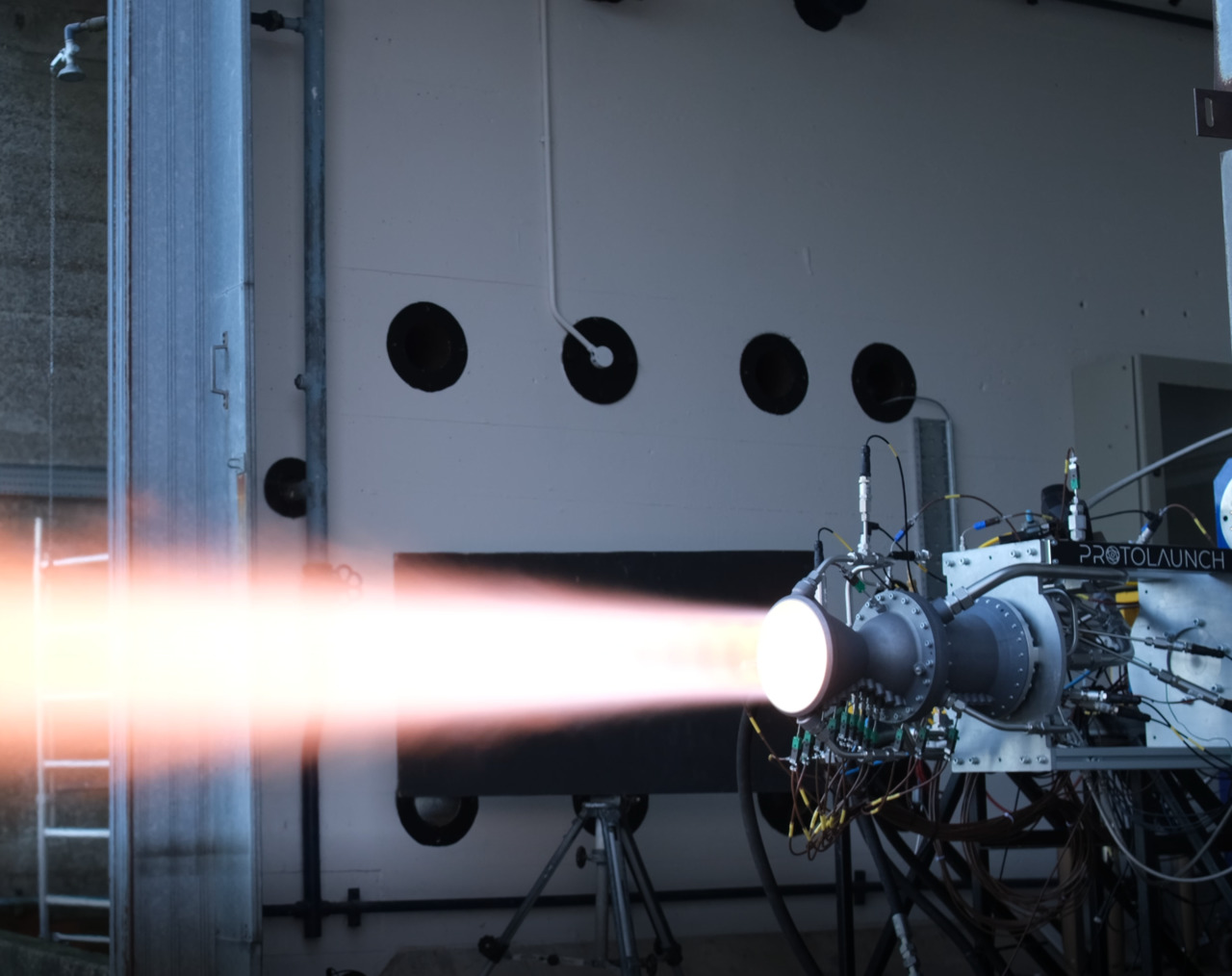
AEL are pleased to announce hosting the first firing of Protolaunch's prototype HILBERT engine. Using an alternative cooling and pressurisation cycle, their engines are designed to have improved performance compared to traditional gas blowdown cycles, but without the costs and complexity associated with turbomachinery based cycles. Together with AEL, Protolaunch …
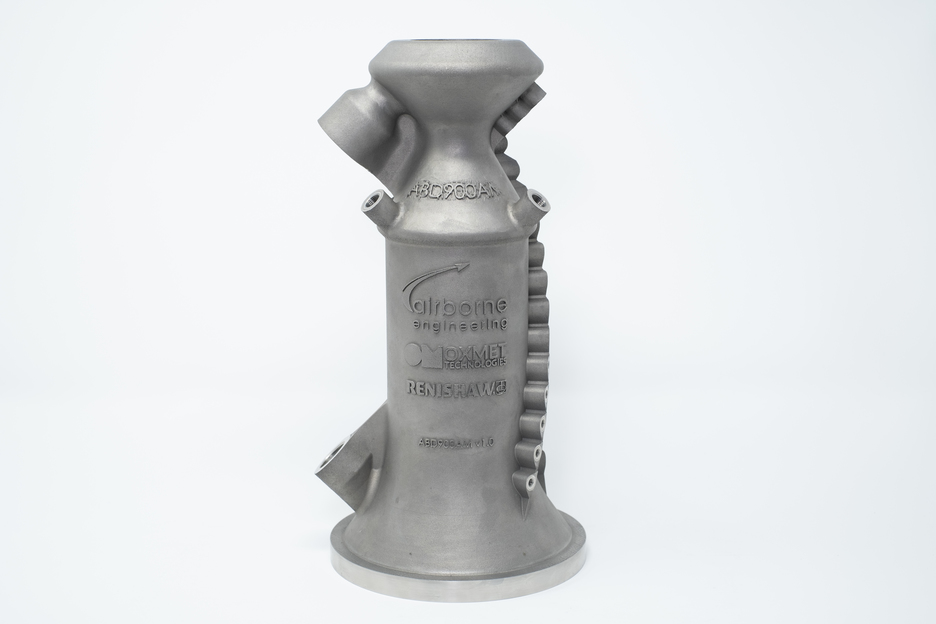
A collaboration between Airborne Engineering (AEL), OxMet and Renishaw was unveiled at Formnext 2019. The project aims to demonstrate that OxMet's new Nickel based superalloy, ABD®-900AM, has better performance than industry incumbent IN718 for application to liquid rocket engine combustion chambers, because it maintains strength at 900°C. Test …
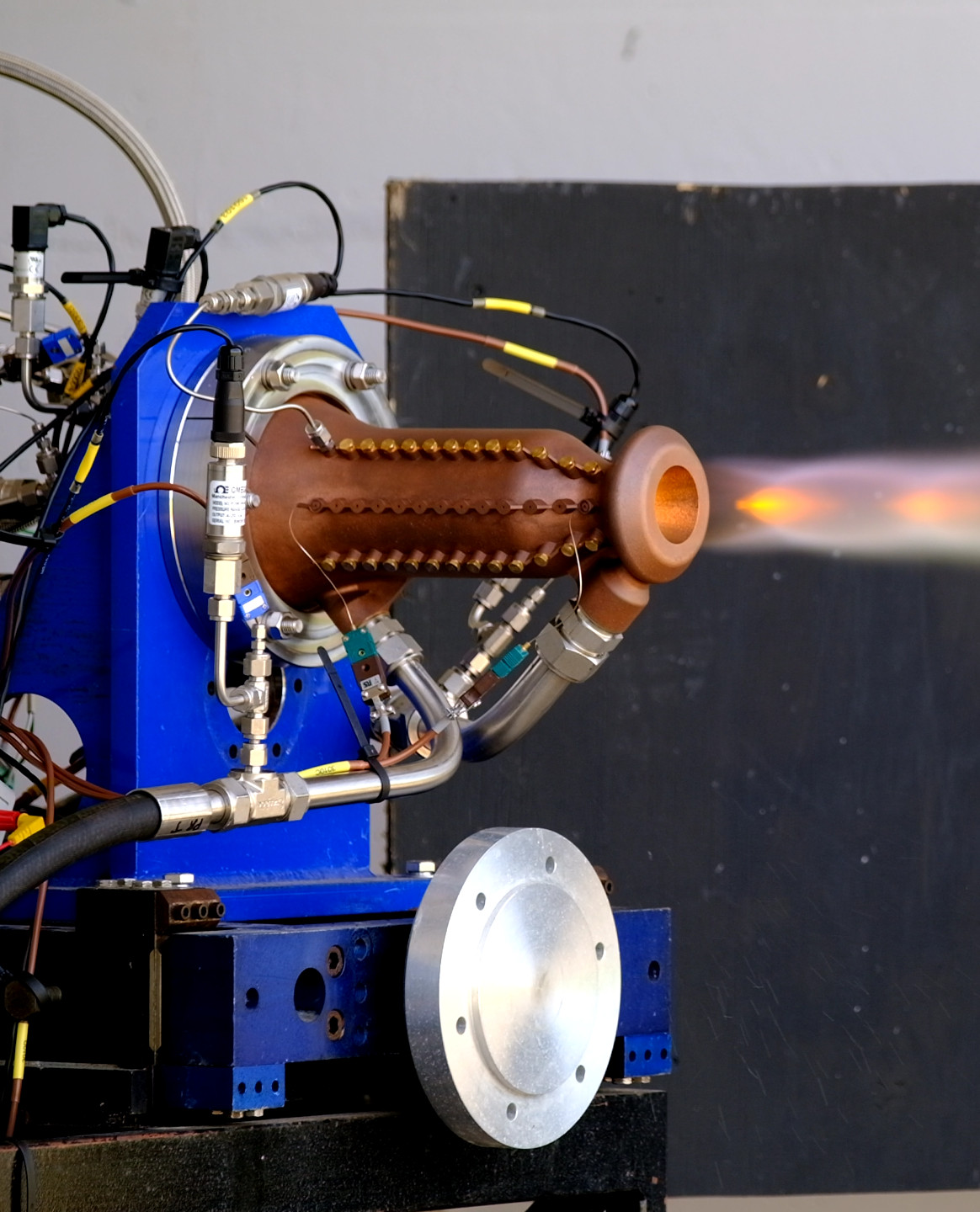
This UKSA Pathfinder programme is evaluating the use of CuCrZr and the SLM process for manufacturing high-performance bipropellant rocket engines. The results from this chamber will be used to verify AEL's in-house rocket engine modelling software and design principles, and will feed into further chambers for flight applications. It will …
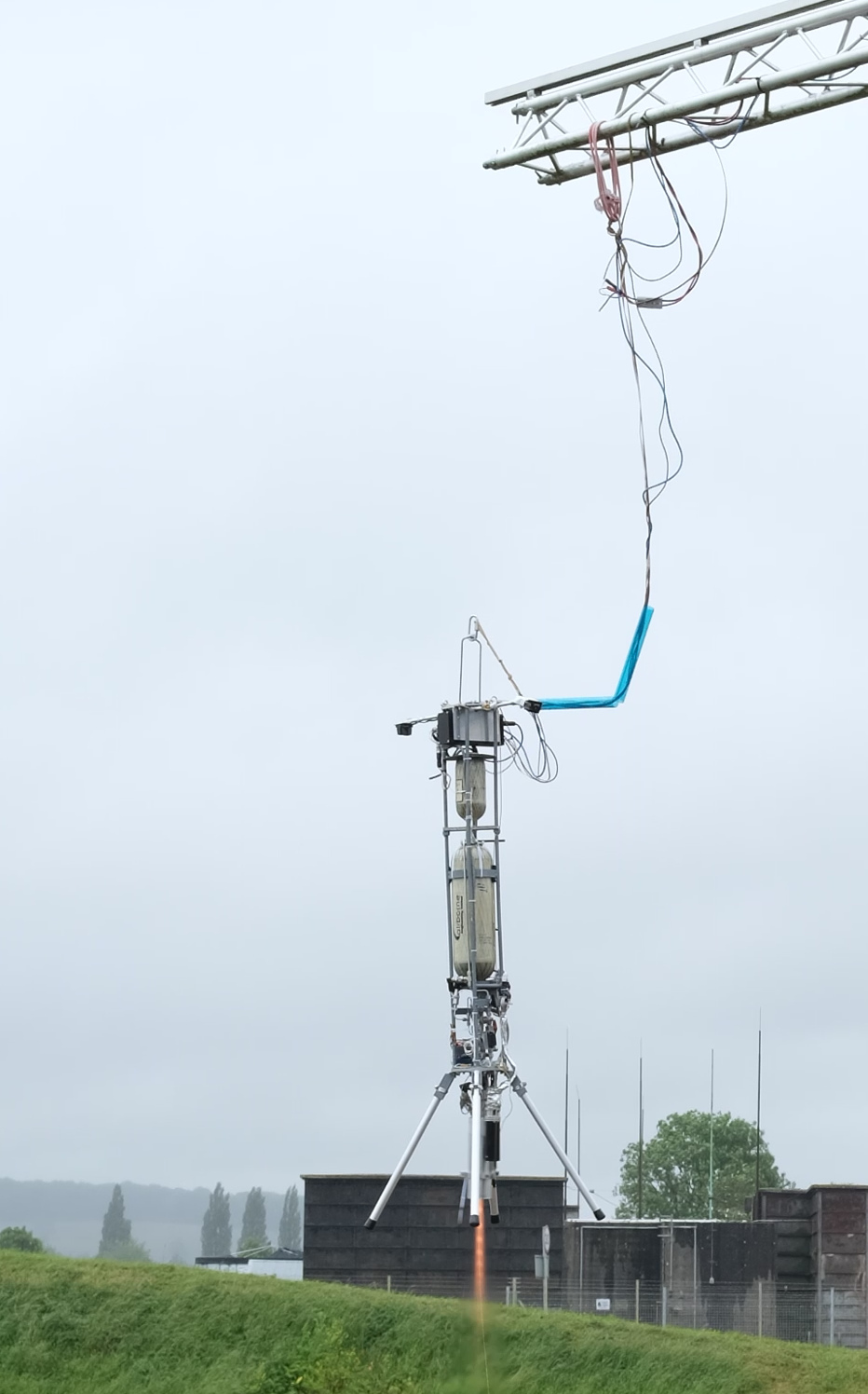
Airborne Engineering Limited today released a video the first tethered test of their VTVL (vertical take-off, vertical landing) rocket. The vehicle, codenamed “Gyroc”, a shortening of “gyro-stabilised rocket”, is the result of an internal research and development project that has been under way at Airborne for a few years at …
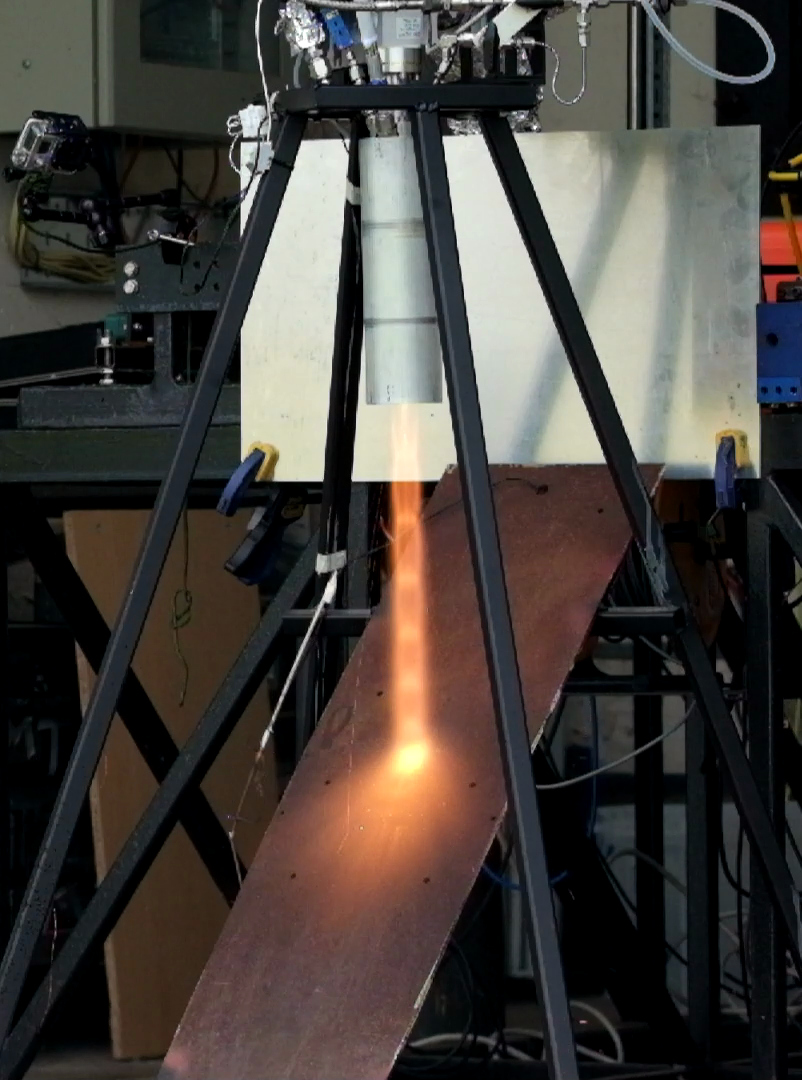
On 8th June 2016 we carried out another vertical static test of the Snark rocket engine on the “Gryoc” VTVL (Vertical Take-off, Vertical Landing) technology demonstrator vehicle. The propellants are nitrous oxide (N2O) and isopropyl alcohol (IPA). A number of different throttle settings were used, peak thrust being around 300N …

Airborne Engineering has begun testing an innovative new rocket engine on behalf of customer Reaction Engines Limited. The engine, code-named “STOIC”, has been developed by Reaction Engines as part of their Advanced Nozzle Programme in order to test important technologies for the SABRE engines that will propel the Skylon spaceplane …
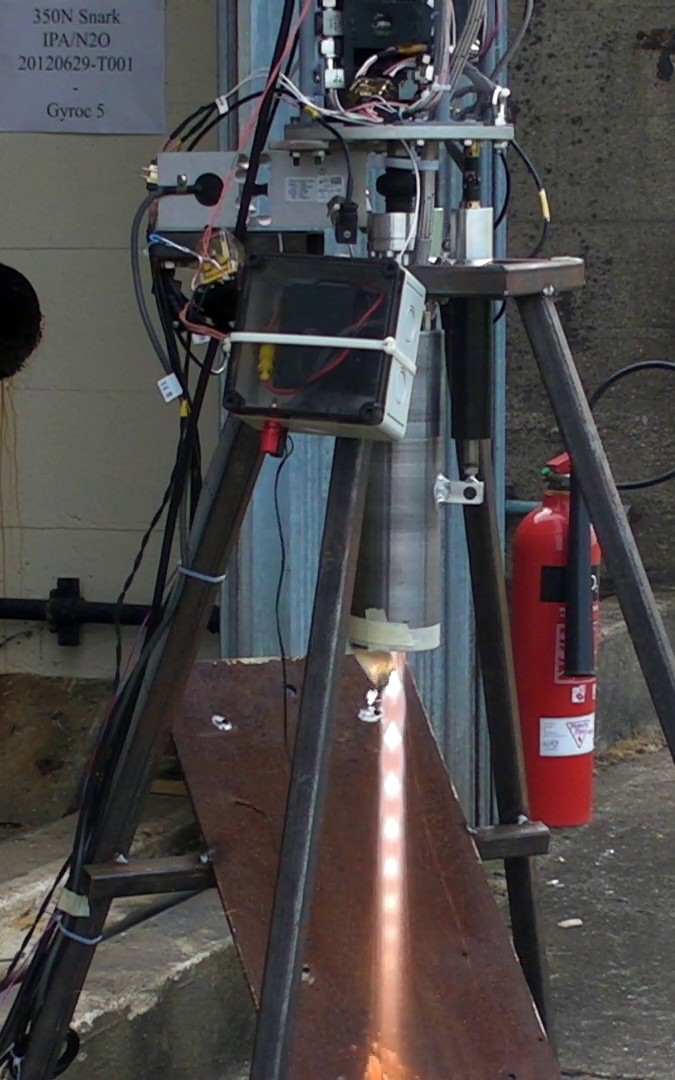
On the 29th June 2012, Airborne Engineering carried out the first vertical static test of it Snark rocket engine. The Snark bi-propellant rocket engine burns nitrous oxide and isolpropyl alcohol and is part of an internal R&D programme to showcase the capabilities that the company can offer, as well …

Static test of the “Snark” Variable-Thrust Bi-Propellant Liquid Rocket Engine by Airborne Engineering Limited.
This montage shows the engine operating at three different thrust levels (lowest at top of picture, highest at bottom). Notice how the mach-diamonds move apart as the thrust is increased.
The black wire hanging down near …